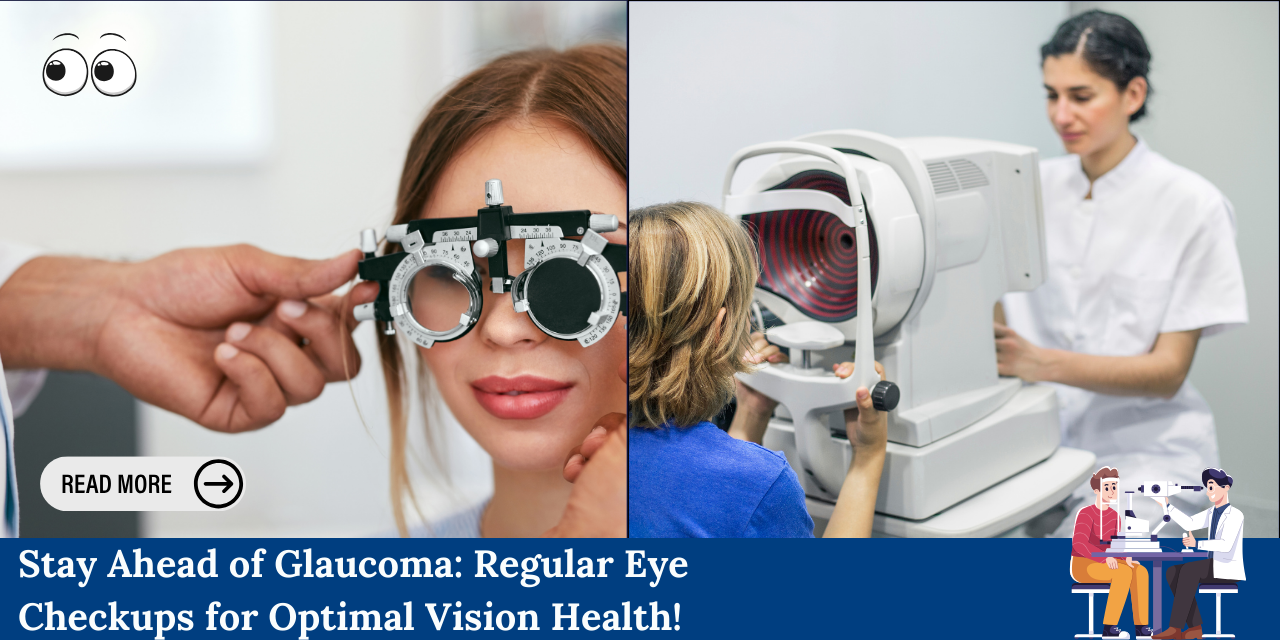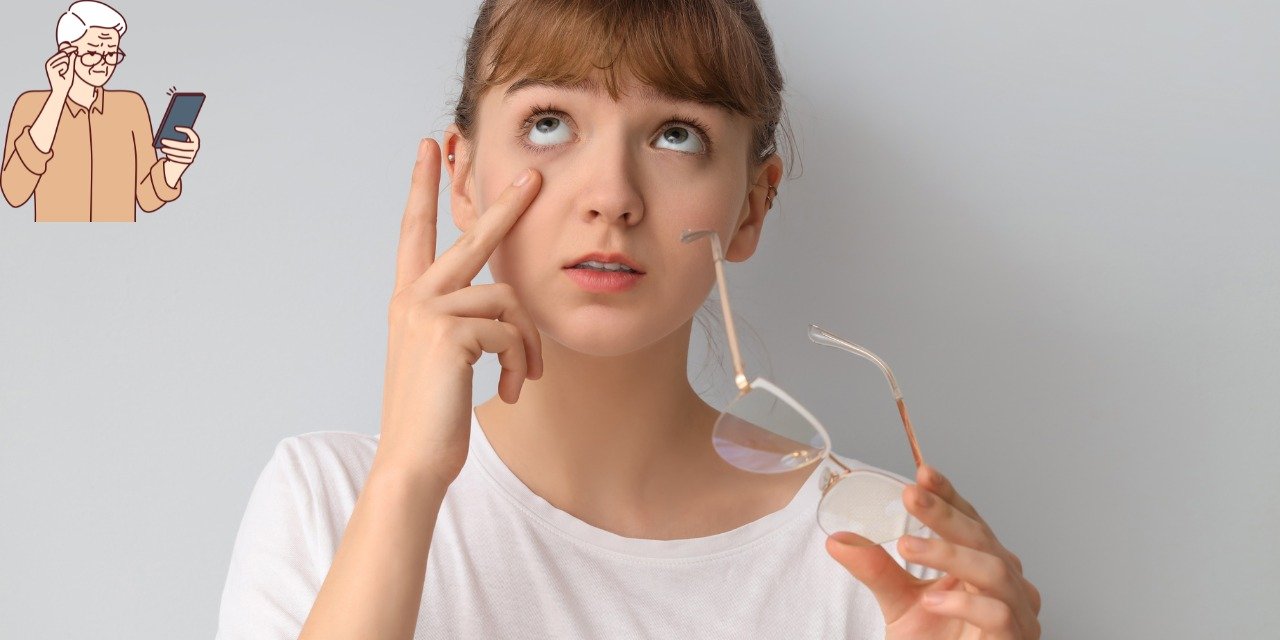Glaucoma is a group of eye diseases that can damage the optic nerve, often due to increased pressure in the eye. This condition can lead to vision loss and even blindness if not managed properly. Early detection and regular eye check-ups are vital in managing glaucoma effectively. But how often should you have your eyes checked if you have this condition? Let’s explore the factors that influence the frequency of eye examinations for glaucoma patients.
Understanding Glaucoma
Before discussing the frequency of eye check-ups, it’s essential to understand what glaucoma is and how it affects vision. Glaucoma occurs when the fluid in the eye does not drain properly, leading to increased intraocular pressure (IOP). Over time, this pressure can damage the optic nerve, which transmits visual information from the eye to the brain. There are several types of glaucoma, including:
- Open-Angle Glaucoma: The most common form, characterized by a gradual loss of vision.
- Angle-Closure Glaucoma: This type occurs when the iris is too close to the drainage angle of the eye, blocking fluid flow and causing a sudden increase in pressure.
- Normal-Tension Glaucoma: Damage to the optic nerve occurs even with normal IOP levels.
The Importance of Regular Eye Check-Ups
For individuals diagnosed with glaucoma, regular eye check-ups are crucial to monitor the condition and adjust treatment plans as necessary. The frequency of these visits can vary based on several factors:
⏯ Stage of Glaucoma
The stage of glaucoma plays a significant role in determining how often you should have your eyes checked.
- Early Stage: If glaucoma is detected early, your eye care professional may recommend check-ups every 6 to 12 months. During these visits, your eye pressure and visual field will be evaluated.
- Moderate to Advanced Stage: For those with moderate to advanced glaucoma, more frequent visits are necessary. Patients may be advised to come in every 3 to 6 months to monitor any changes in their condition closely.
⏯ Age and Family History
Age and family history are other critical factors in determining how often you should check your eyes. Older adults are at a higher risk for developing glaucoma, making regular eye examinations even more essential.
Signs That You Should See Your Eye Doctor Sooner
In addition to your regular check-up schedule, be aware of any changes in your vision or symptoms that may require immediate attention. These can include:
- Sudden vision loss or changes in your field of vision.
- Persistent headaches, especially if accompanied by eye pain.
- Blurred or hazy vision.
If you experience any of these symptoms, contact your eye care professional immediately.
Conclusion
In summary, regular eye check-ups are essential for anyone diagnosed with glaucoma. The frequency of these examinations can depend on the stage of the disease, the treatment plan, and individual risk factors. Staying proactive about your eye health can significantly impact the management of glaucoma and help prevent vision loss.If you are seeking glaucoma treatment in Ambala, it is important to consult a qualified eye specialist. Dr. P.C Sharma at P.C.Sharma Eye Hospital is dedicated to providing comprehensive eye care and personalized treatment plans for glaucoma patients. For appointments and inquiries, please contact us at +919896081381. Take charge of your eye health today!













